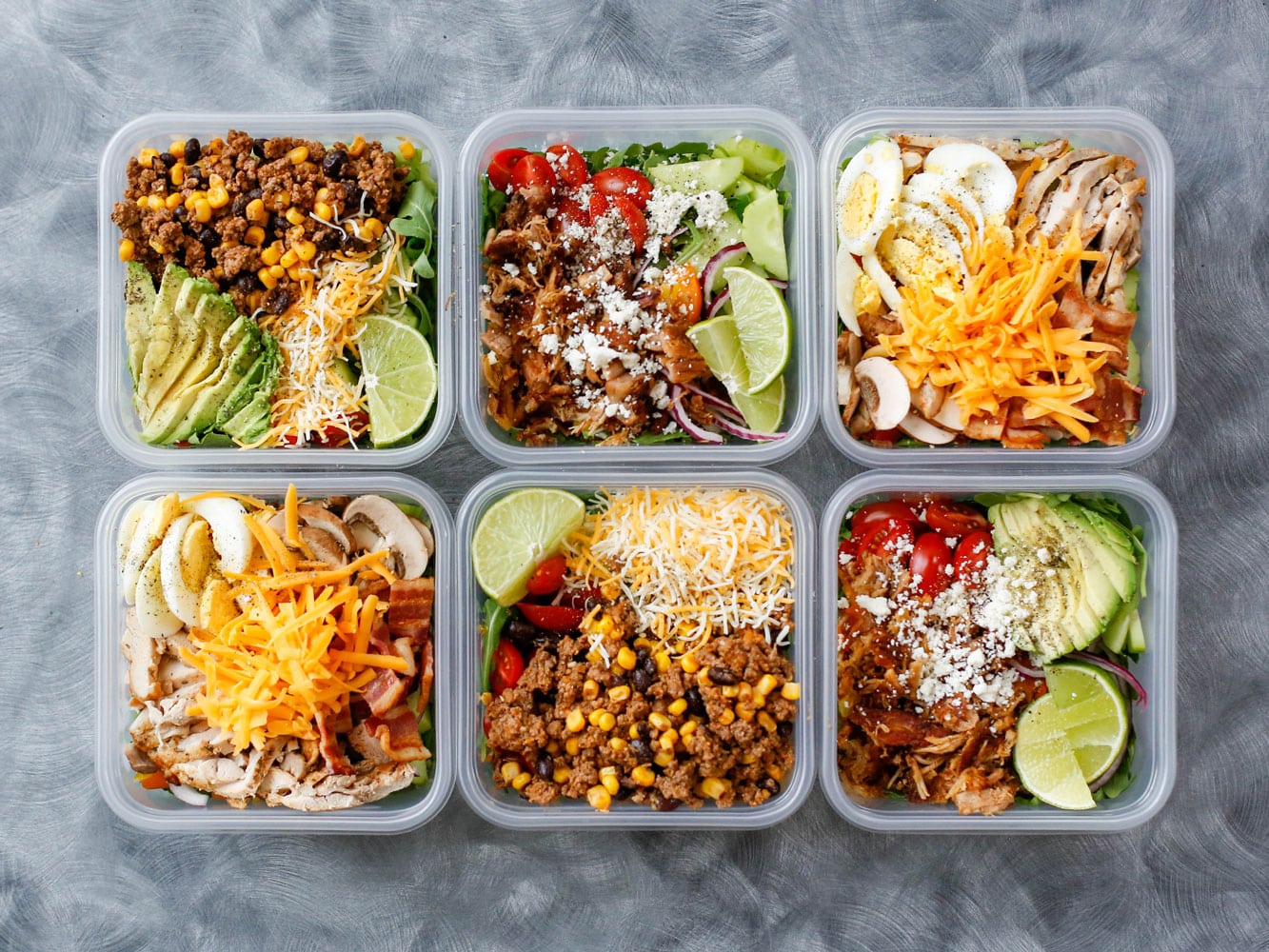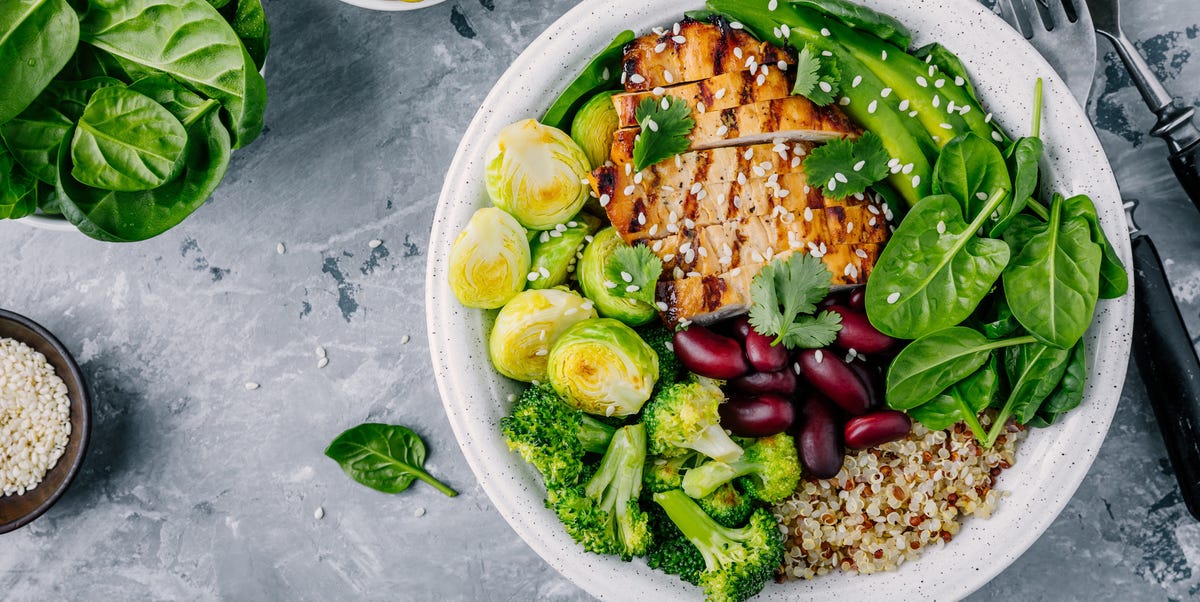Weight loss is no simple task. Losing weight isn’t just about cutting down on the amount of food you eat, it’s also about increasing your activity level and changing the types of foods you consume. To lose weight, you need to eat fewer calories than the body needs to maintain itself. The good news is there are many different foods that can help you in this pursuit.
Whether you’re trying to lose weight or just want to look fit and toned for summer, it will be easier if you know which foods are good for losing weight. Reducing your calorie intake is one of the most effective ways of losing weight as well as preventing future weight gain. By eating less, you will naturally end up consuming more calories from the foods that are better for your health than others.

What foods help lose weight?
The key to weight loss is eating fewer calories than the body needs to function. The most effective way to do this is by altering your diet, along with increasing your daily activity level. The foods you choose to consume can have a strong influence on your weight loss. Eating foods that are high in fibre will help you feel fuller for longer and will improve digestion. Foods high in fibre, such as fruits and vegetables, are also essential for maintaining optimal health and have no calories.
Which foods are NOT good for losing weight?
Meats – Beef, lamb, pork, fish, and poultry all contain protein, which is needed for growth, but if you’re trying to lose weight, you want to be consuming a diet that has very few to no calories. Red meats such as lamb, mutton and beef contain high amounts of iron, a mineral that adds weight when consumed in excess.
Refined carbohydrates – Refined carbohydrates such as white bread, pasta and other packaged foods have been bleached using chemicals to make them whiter, resulting in a product that has little nutritional value. Refined carbohydrate is digested quickly and causes insulin spikes, which can lead to weight gain.
Which foods are good for losing weight?
Eating a well-rounded diet that includes a variety of healthy, filling foods is the best way to lose weight. We recommend eating five servings of fruits and vegetables each day. Fruits are high in vitamins, minerals and fiber, which help keep you full and reduce cravings for unhealthy foods.
Vegetables are high in fibre, vitamins and minerals that can improve bowel function and lower blood pressure. Fiber is also important for reducing cholesterol and promoting digestive health. A healthy diet that includes lean proteins, healthy fats and complex carbs is sure to help you lose weight.
Healthy proteins include fish, poultry, beans and low-fat dairy products. Healthy fats include monosaturated fatty acids (like avocado and olive oil), polyunsaturated fatty acids (like salmon and sunflower oil) and omega-3 fatty acids (like walnuts). Complex carbs are found in vegetables, whole-grain bread and cereal.
Foods to avoid when losing weight
While we’re all about eating clean and healthy, there are some foods to avoid when losing weight. Here are some that should be avoided at all costs if you want to slim down:
- Fast food – Not only is fast food high in calories and fat, but it also can have ingredients such as sugar and preservatives that cause weight gain.
- Diet soda – Artificial sweeteners are highly processed and can lead to weight gain because they have calories that regular sweeteners do not have. Diet soda should be avoided when trying to lose weight because it has zero nutritional value and contains calories that regular soda doesn’t.
- Fad diets – Fad diets are popular because they promise quick results. Unfortunately, most fad diets are not based on science and can lead to poor nutrition and dangerous weight loss practices that set people up for failure.
Fast food and diet food
Fast food and diet food are high in calories, fat and sodium and should be avoided when trying to slim down. Fast food is often high in added sugar, preservatives, trans fat, saturated fat and cholesterol. The majority of people who follow a diet low in fat gain weight as a result. Diet food is also often low in fibre, vitamins and minerals that are essential for good health.

Proteins and fats
Proteins are used by your body to build and repair muscles, organs and hormones. They are an important source of amino acids, which are necessary for metabolism. Healthy proteins include fish, poultry, beans and low-fat dairy products. Fat is the primary source of energy for the body, so it’s important to get a good amount of it in your diet.
Healthy fats include monosaturated fatty acids (like olive oil), polyunsaturated fatty acids (like salmon and walnuts) and omega-3 fatty acids. It’s also important to consume omega-3 fatty acids because our body does not produce them naturally and is necessary for proper brain and heart function.
Carbs and sweeteners
Just like with fats, the body uses carbs to produce energy. However, the difference is that carbs are digested and converted into sugar in the blood; that’s why they are also known as “storage carbs”. Healthy carbs include vegetables, legumes and whole-grain bread and cereal.
Some sweeteners are natural and have no calories, so they can be added to healthy foods and beverages without adding extra sugar. Artificial sweeteners, though, should be avoided because they have been found to increase appetite and cause weight gain.
Which food should you eat to lose weight?
Eating a diet that is high in fibre and low in refined carbohydrates will help you feel fuller for longer and will help you lose weight. To lose weight, it is important to consume a diet that is high in healthy fats, protein and low in calories.
Fish (wild salmon, mackerel and sardines), legumes (pulses such as chickpeas), vegetables (frozen, canned or fresh), whole-grain breads and cereals, olive oil, nuts and seeds, avocados, and low-fat dairy products are all good sources of protein.
If you are looking to lose weight, it is important to consume foods that are low in calories and are rich in fibre. Many vegetables, such as zucchini, spinach, carrots and tomatoes, contain nutrients that help the body to lose or maintain the correct weight. Beans, lentils and chickpeas are also rich in fibre and contain little calories.
Conclusion
If you are looking to lose weight, you’ll need to consider the foods you eat, along with increasing your activity level. Consuming foods rich in fibre, a diet that is low in calories, and increasing your daily activity level will help you to lose weight. The key to weight loss is eating fewer calories than the body needs to function. The most effective way to do this is by altering your diet, along with increasing your activity level. The foods you choose to consume can have a strong influence on your weight loss.
Eating foods that are high in fibre will help you feel fuller for longer and will improve digestion. Foods high in fibre, such as fruits and vegetables, have no calories. If you are looking to lose weight, it is important to consume a diet that is low in calories and rich in fibre. This can be achieved by consuming foods rich in fibre and vegetables. Fiber is essential to maintain a healthy digestive system and good bacteria in the gut which means that you are less likely to be affected by diseases such as diabetes and obesity.





